Is Brownie Halal? Here’s What You Need to Know
Who doesn’t adore a dense, gooey brownie? Whether it’s homemade, from the bakery, or directly from a box, brownies are a classic dessert favorite among many. But if you’re on a halal diet, you may have asked: Are brownies halal?
The answer isn’t so straightforward as yes or no—it all depends on the ingredients and how they’re prepared. Let’s get down to business so you know just what to do when you have a hankering for a sweet, chocolatey dessert.
What Makes a Brownie Halal or Haram?
A traditional brownie recipe uses simple ingredients such as flour, sugar, cocoa powder, eggs, butter, and chocolate. All of these are naturally halal. But the problem lies in a few sneaky ingredients that could render some brownies haram (forbidden).
Here are a few things to look out for:
1. Alcohol in Vanilla Extract
Vanilla extract is a usual ingredient in brownies, but did you know that it usually contains alcohol? According to some scholars, the alcohol vaporizes when it is baked and so it is acceptable. Others suggest using halal-certified vanilla extract to be cautious.
2. Animal-Based Gelatin or Additives
Some packaged brownies or mixes have gelatin, marshmallows, or emulsifiers derived from animal sources. If they are derived from pig or non-halal animals, the brownie is not halal. Try plant-based or halal-certified ones.
3. Emulsifiers & Hidden Ingredients
Ever noticed phrases like mono- and diglycerides or lecithin on product labels? Those sometimes are derived from animals. If the label does not say plant-based or halal-certified, it is better to avoid.
4. Cross-Contamination
Even if you use halal ingredients to make a brownie, it could still be processed in a bakery or factory that produces non-halal products. If you’re purchasing at a store or bakery, it’s always best to just ask them if they produce according to halal standards.
How to Ensure Your Brownie Is Halal
So how do you indulge in brownies without the nagging fear of haram ingredients? Here are some easy tips:
1. Read Labels Carefully
If you’re buying pre-made brownies or a brownie mix, always check the ingredients. Look for a halal certification and avoid anything that lists alcohol, gelatin, or animal-based additives.
2. Bake Them Yourself
The best way to guarantee your brownies are halal? Make them at home! Use halal-certified vanilla extract, cocoa powder, and chocolate. If you’re unsure about butter, go for a brand that’s labeled halal.
3. Buy From a Halal Bakery
Some bakeries cater specifically to halal customers. If you’re unsure whether their brownies are halal, don’t hesitate to ask—they’ll usually be happy to clarify.
4. Find Alcohol-Free & Plant-Based Alternatives
There are plenty of halal-friendly baking products out there, from alcohol-free vanilla extract to plant-based emulsifiers. A little research goes a long way in making sure your brownie is completely halal.
So, Are Brownies Halal?
The short answer? They can be.
If the brownie is prepared with halal materials and in a halal environment, then yes, it’s halal. But if it has alcohol, animal-derived additives, or it is processed in a non-halal plant, it may not be.
To be safe, always read the ingredients, purchase from reputable halal sources, or make a batch at home with halal-friendly ingredients. That way, you can indulge in your brownies without any qualms.
Got a favorite halal brownie recipe? Share it in the comments—we’d love to give it a try!
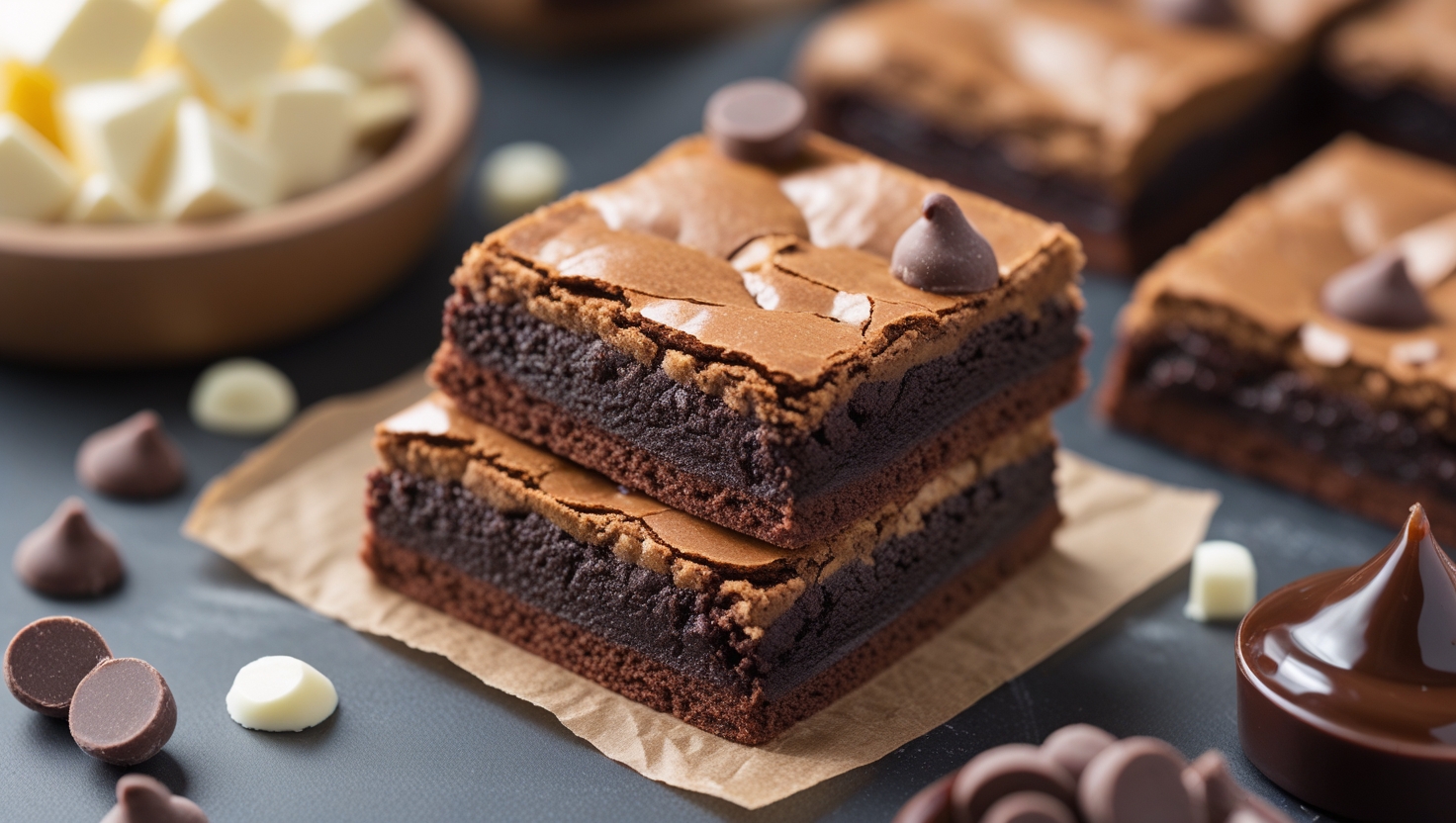
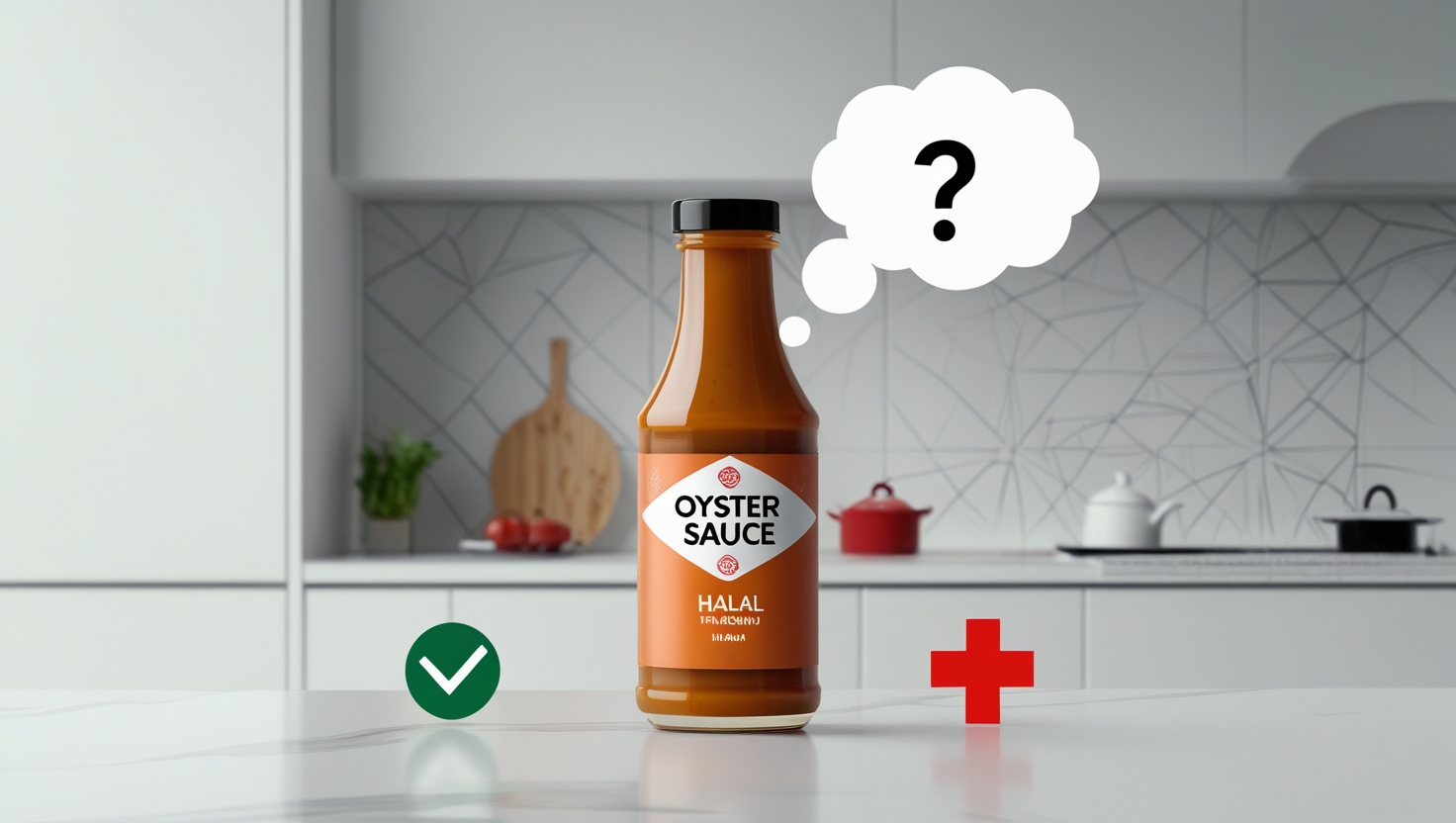
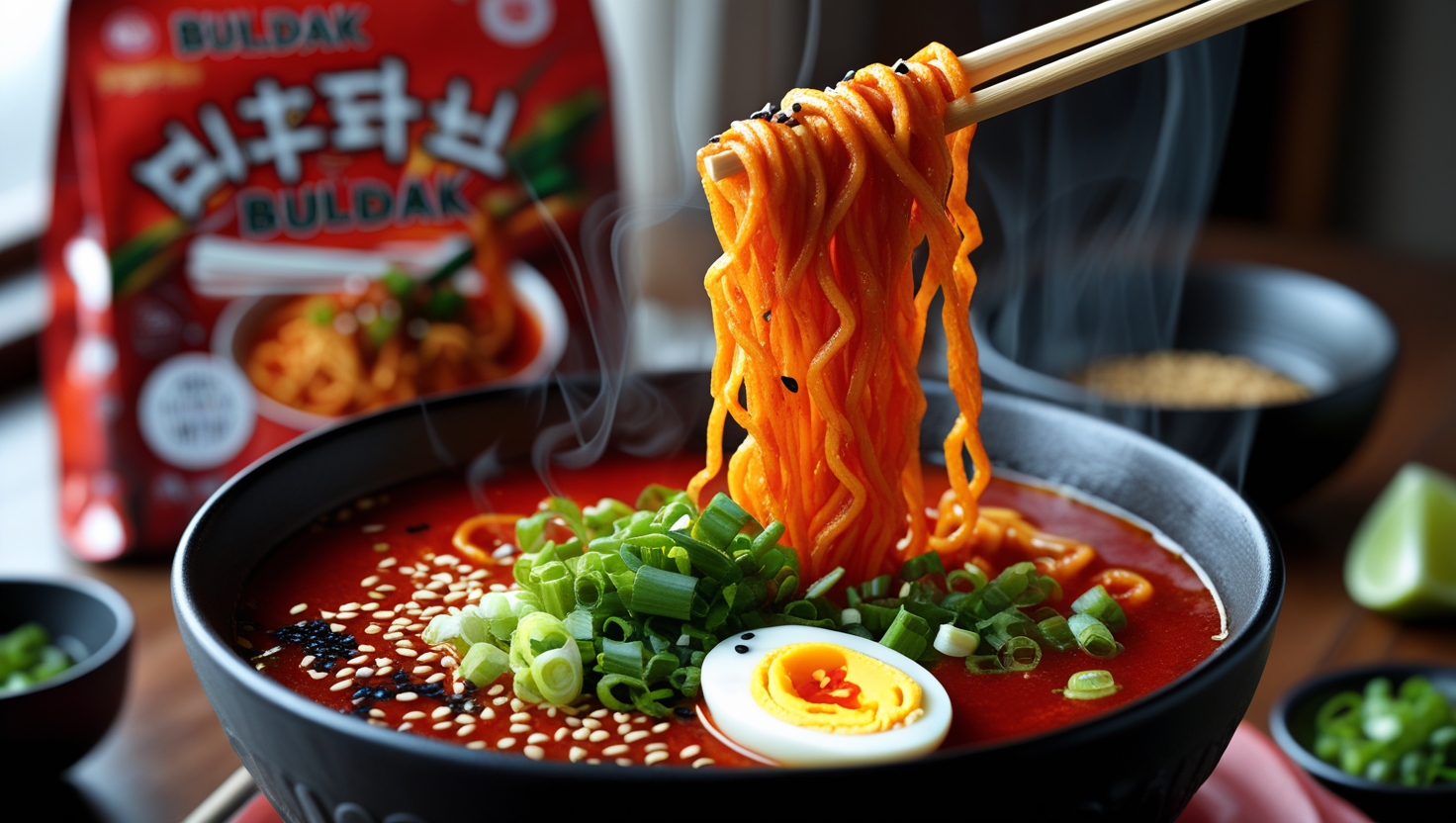
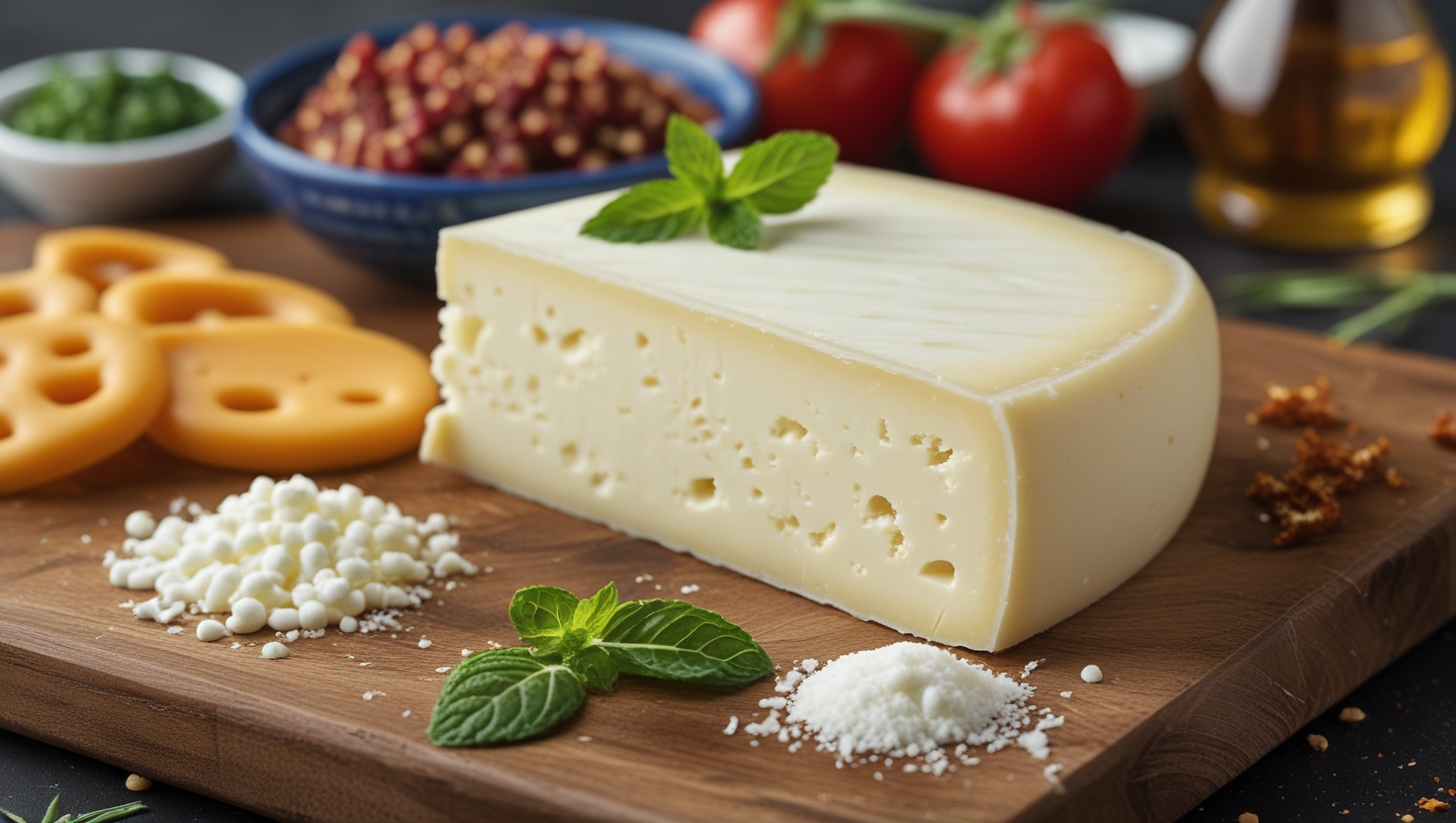
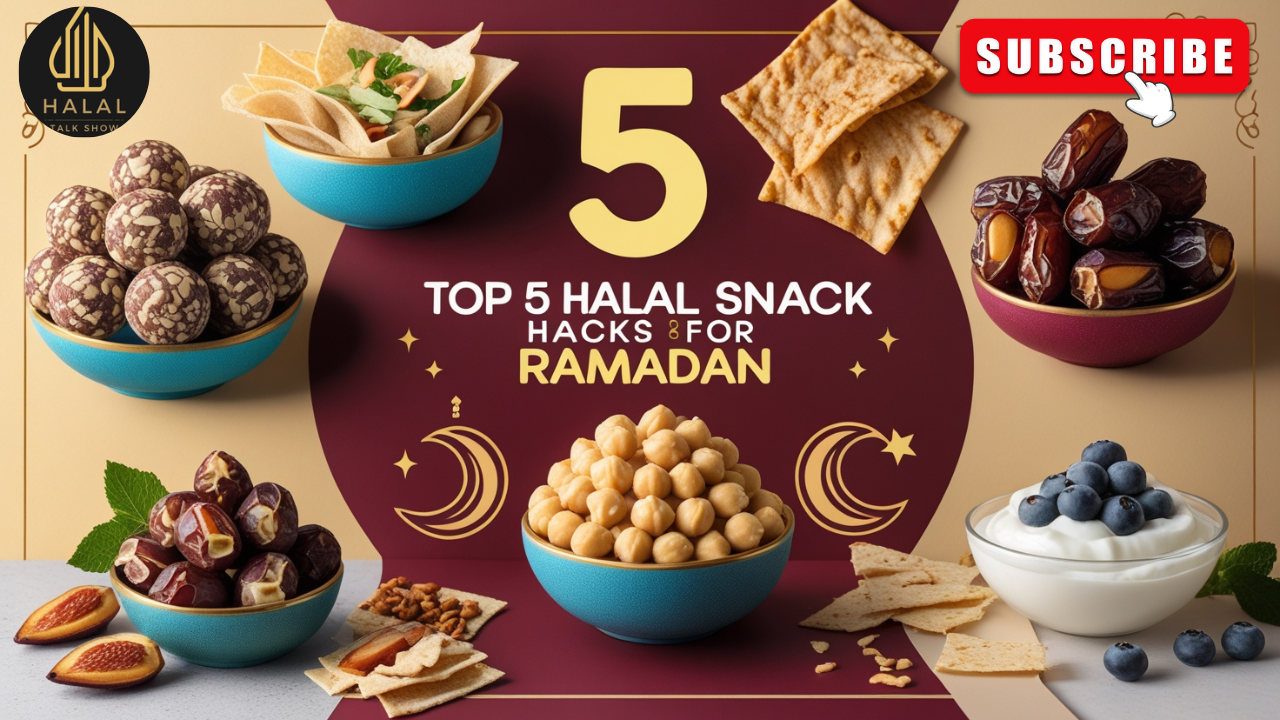
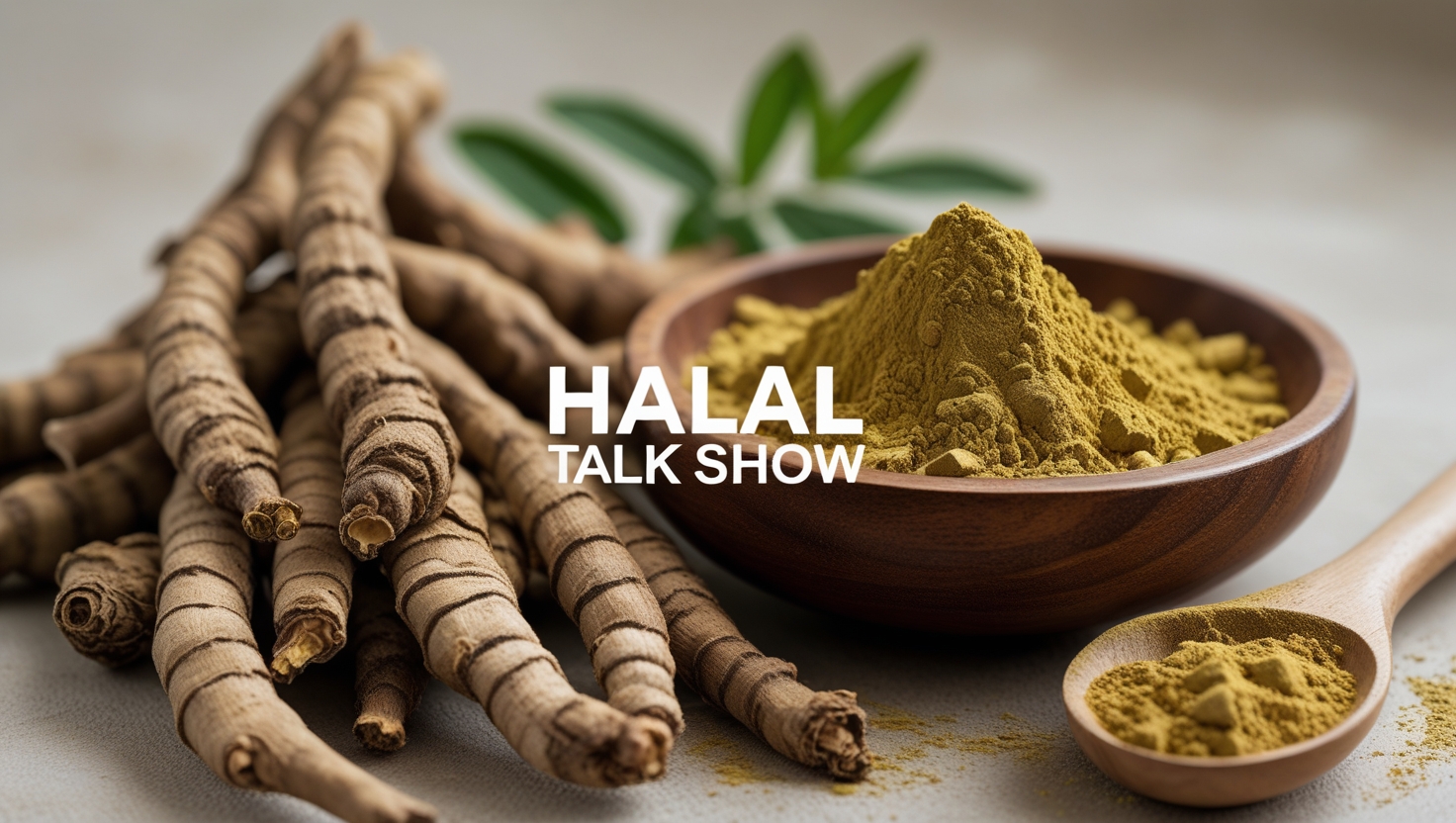
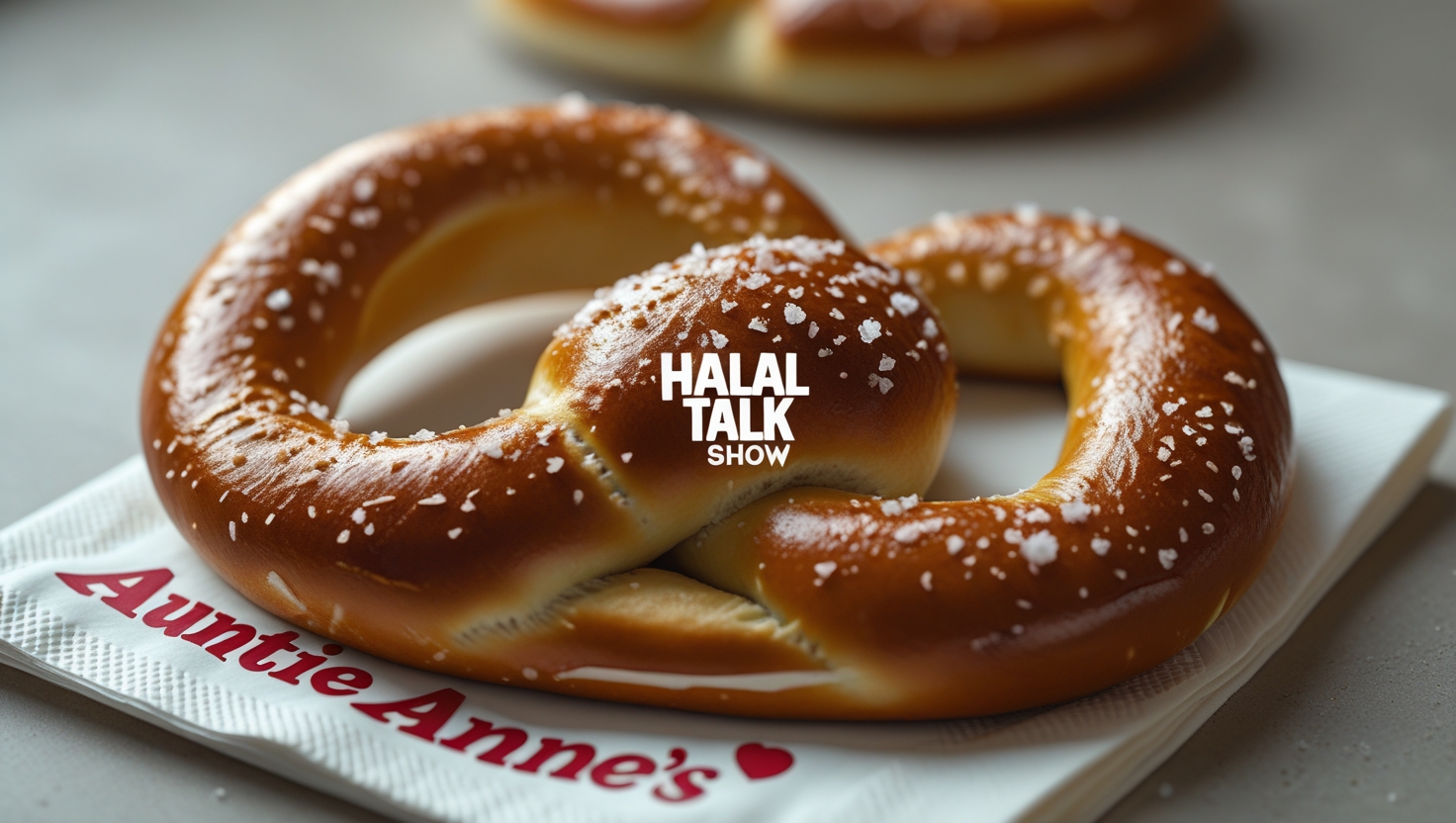
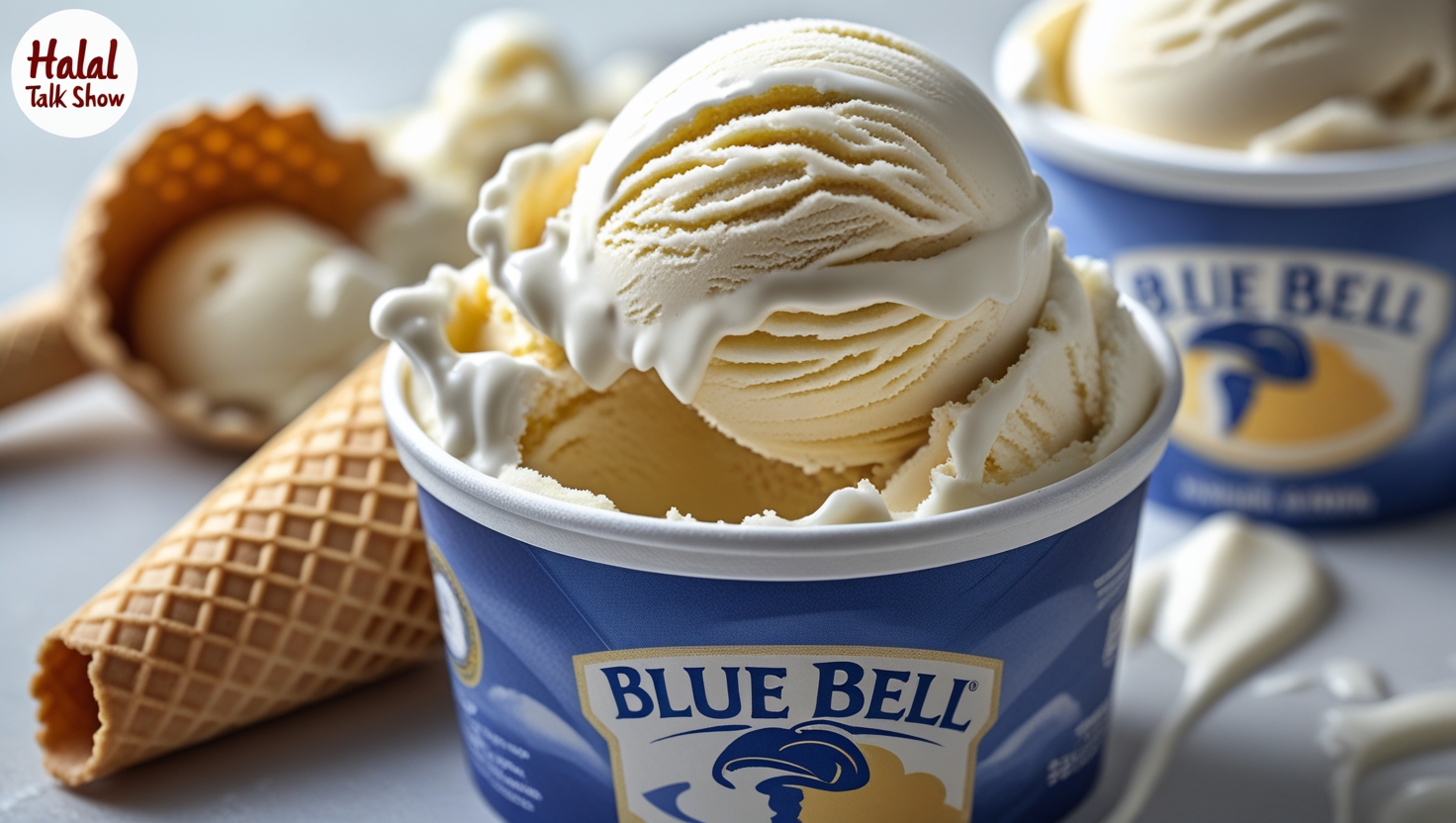
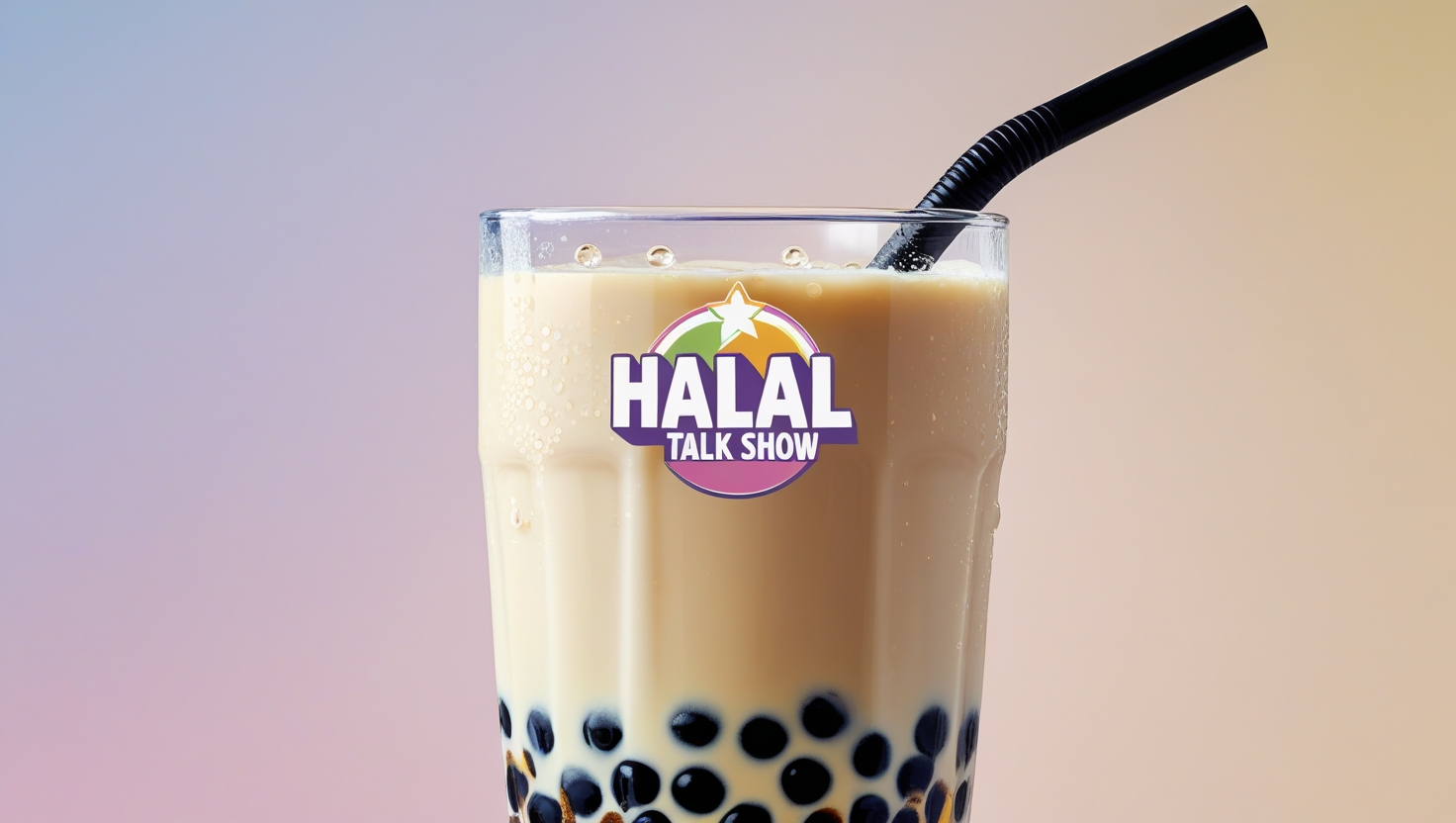
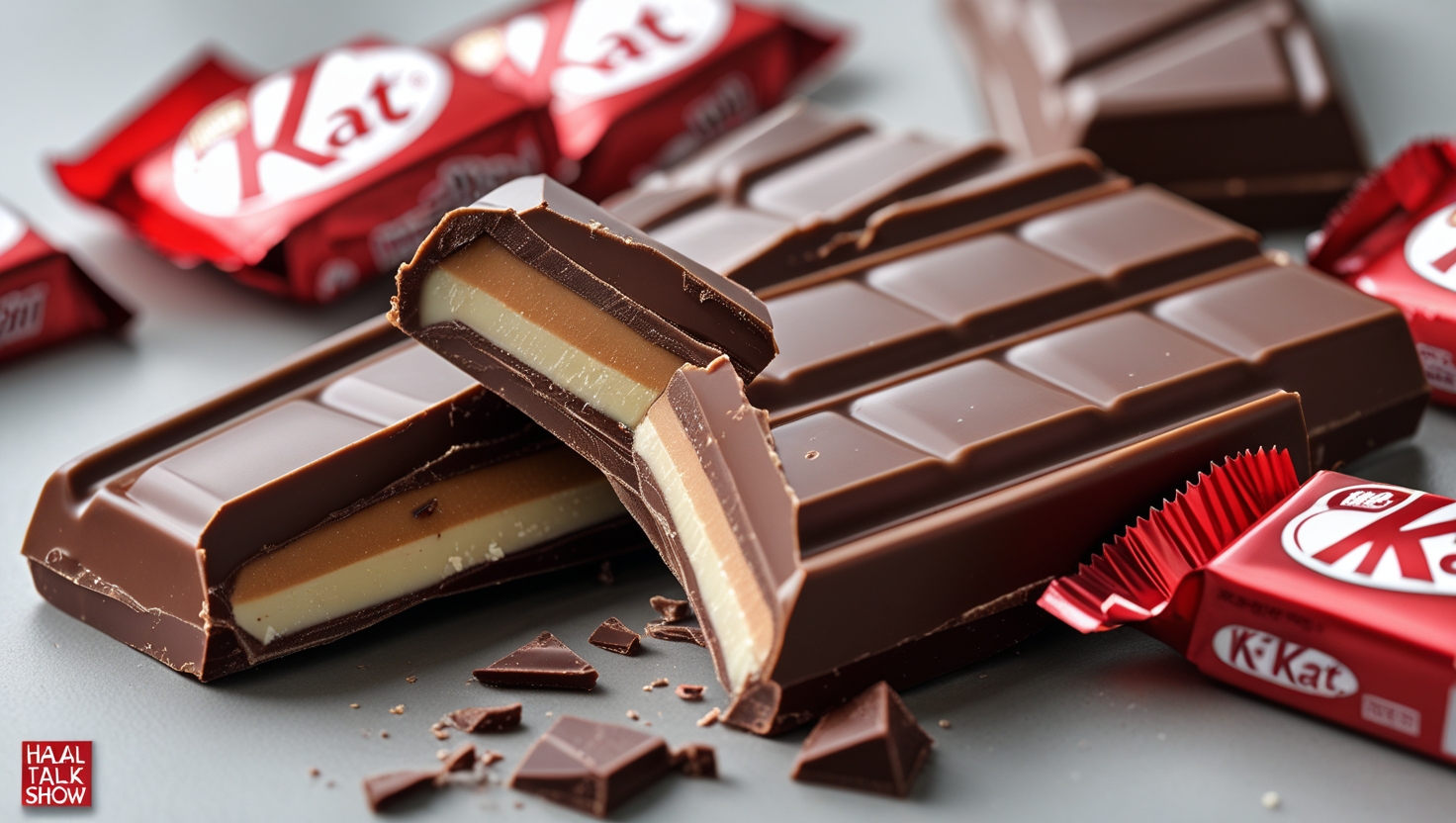
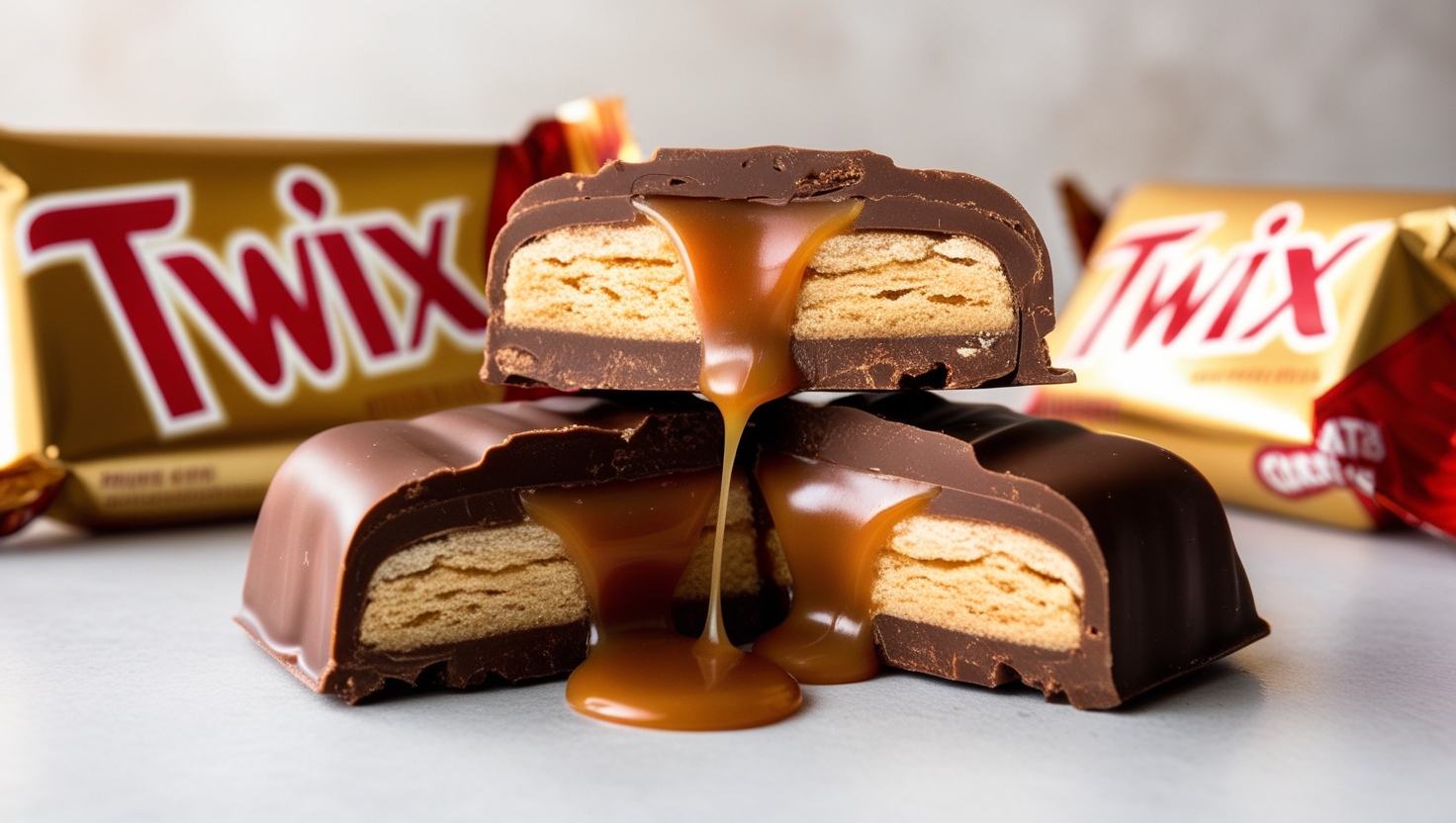



Leave a Reply